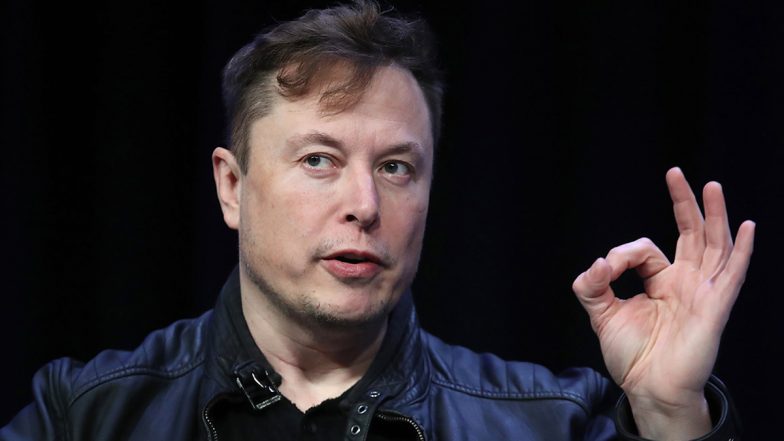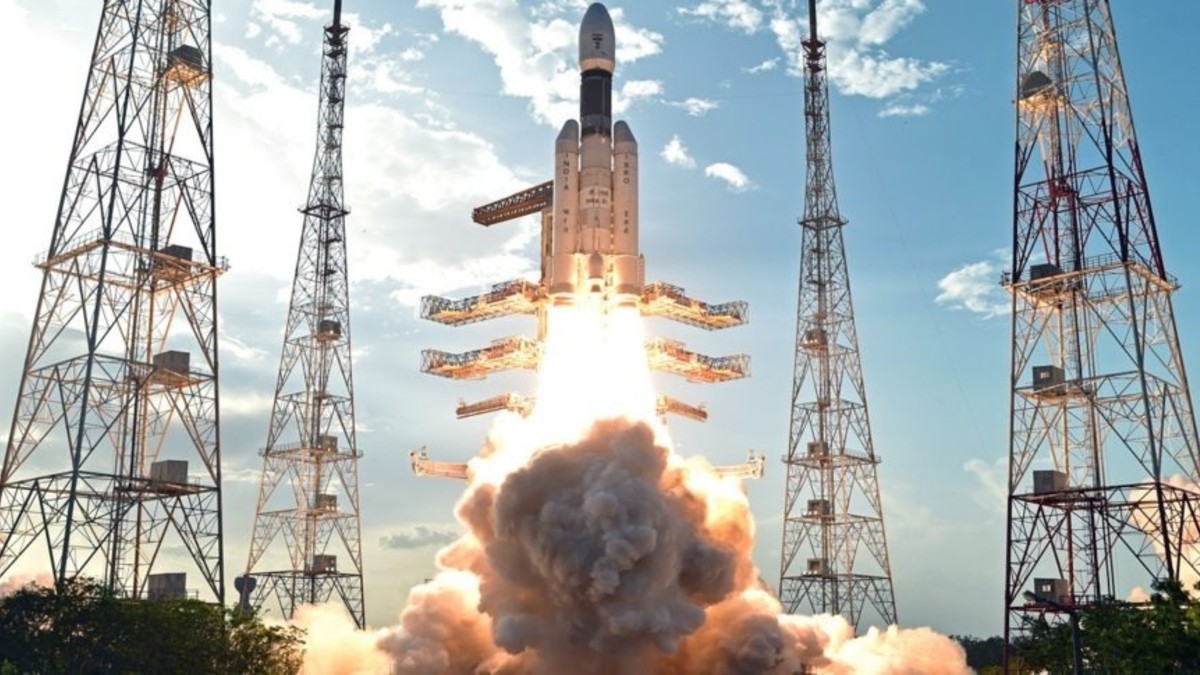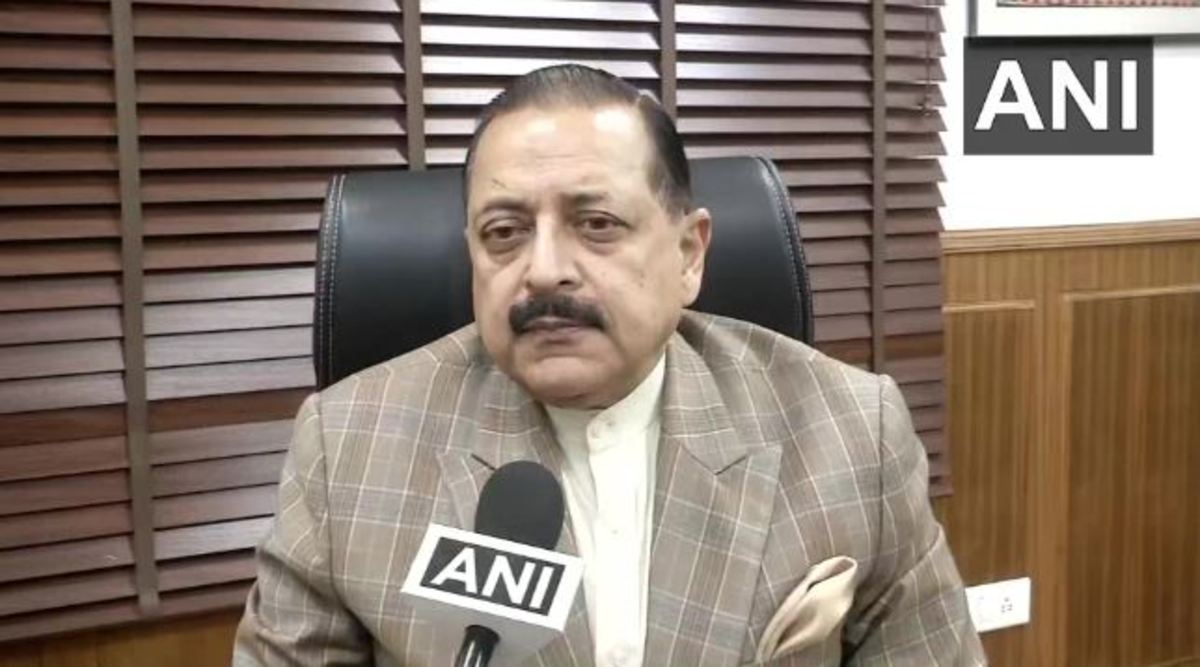New Delhi, January 1: Union Minister for Science and Technology Dr Jitendra Singh on Sunday announced that the Indian Space Research Organisation (ISRO) is ready to launch India’s first Atmanirbhar human flight “Gaganyaan” by the year 2024.
The minister said that India is constantly making new achievements in the field of science and technology. Science is touching new heights under the leadership of Prime Minister Narendra Modi, which is why India’s first self-sufficient Gaganyaan will enter space in 2024.
Giving information about the achievements being made by the government in the field of science and technology, Jitendra Singh said “The idea of taking forward the ‘Gaganyaan’ program was in 2022 itself but due to Covid-19 it was delayed. In the next year (2024), there will be two preliminary launchings, the first launch will be unmanned, this experiment will be done to mark the routes because if the ‘Gaganyaan’ rocket goes into space then it should also return safely to the same way.” India To Launch Maiden Human Space-Flight Mission ‘Gaganyaan’ in 2024.
“In the other experiment also there will be no human, instead a robot will be there as a human replica. When both the experiments assure that we are completely ready, then in the third one we will send humans into space,” the minister added.
Jitendra said that ‘Gaganyaan’ would be India’s first human flight and it will also be an excellent symbol of self-reliance as it will increase the confidence of the nation. He also said that Indian origin Rakesh Sharma went to space, but he went under a Soviet mission of space, so this mission will mark Indian origin in space.
“This will be a historic initiative in itself because our space journey started very late compared to America and Russia but today the same country is doing our research with our knowledge and taking lessons and moving forward,” the minister said.
Jitendra Singh said, “The way PM Modi has given respect to science in the last 8 years, this has motivated the Indian scientists and has given a respectable place to them. Rules have been simplified, for example, space has been opened for private public participation, today the result is that private rockets are being launched from there and as soon as this year ends, you will get a wonderful kind of enthusiasm across the country.” Gaganyaan Mission: Indian Origin Humans Prepared To Travel to Space by Next Year.
“While we will be fully prepared to launch “Gaganyaan” which will be the first human flight which will work to take an Astronaut of Indian origin to space of Indian origin, it will be the first mission of this type and hence also a pride for us. It will be a matter of confidence that this work of increasing our self-esteem will work because even though our space journey started late in comparison to America or Russia, today we are in a position where our research findings are similar to those of America and Russia. Countries work to advance their research by making it available,” he added.
(This is an unedited and auto-generated story from Syndicated News feed, Morning Tidings Staff may not have modified or edited the content body)




